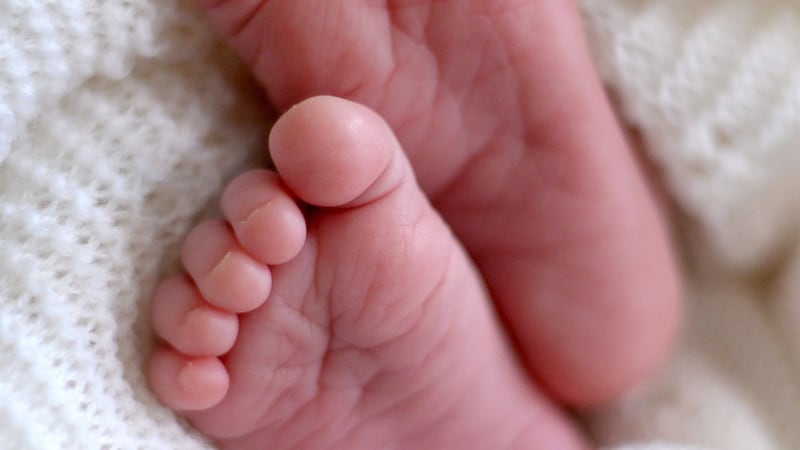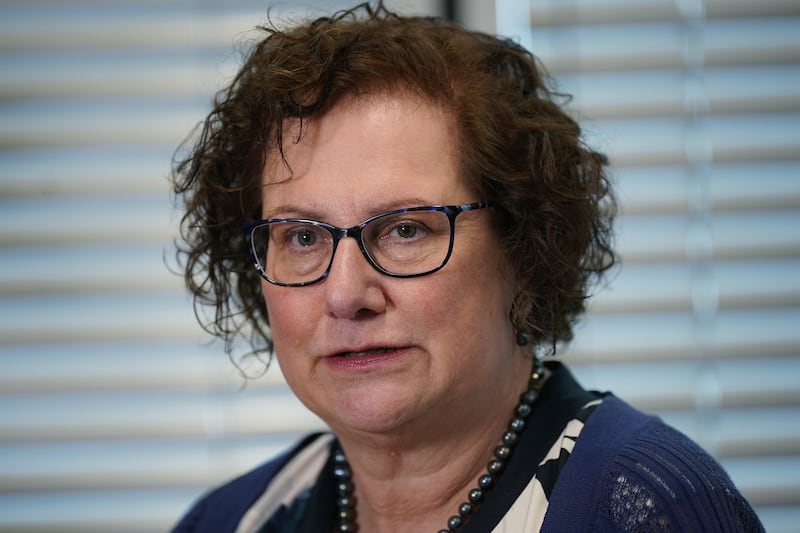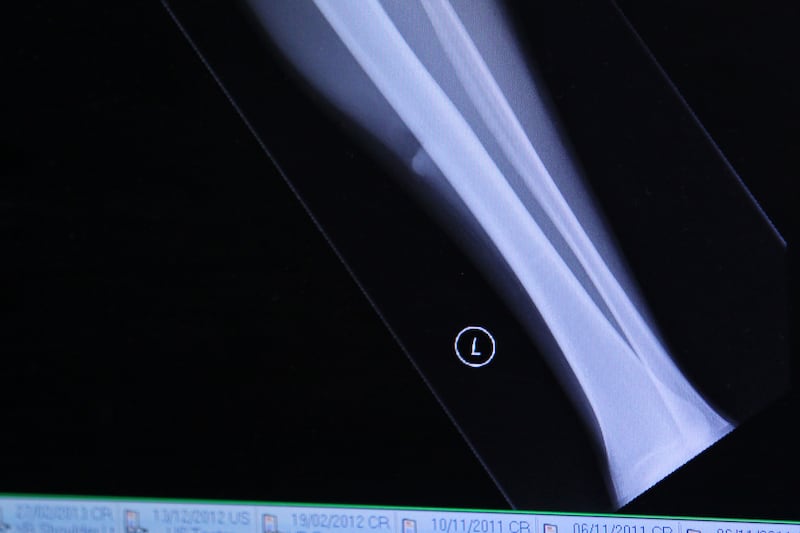Fathers as well as mothers can experience post-natal depression and this could negatively affect the future mental health of their daughters, according to new research.
A study of more than 3,000 families in the Bristol area found that one in 20 fathers experienced post-natal depression in the weeks after their child was born.
The sample was drawn from the Avon Longitudinal Study of Parents and Children which has been running since 1991.
The researchers found that girls were more likely to suffer depression at the age of 18 if their fathers had experienced the condition after their birth.
The “small but significant” risk only applied to daughters, while sons were found to be unaffected.
The study – titled Association of Maternal and Paternal Depression in the Post-natal Period with Offspring Depression at Age 18 Years – was published in the journal JAMA Psychiatry.
The authors said it was unclear why girls might be more affected than boys at this age, but suggested that it could be linked to specific aspects of father-daughter relationships as girls go through adolescence.
They believe the findings may have implications for perinatal services, which traditionally focus resources on identifying and treating post-natal depression only in mothers.
Co-author Professor Paul Ramchandani of the Faculty of Education, University of Cambridge, said: “Research from this study of families in Bristol has already shown that fathers can experience depression in the post-natal period as well as mothers.
“What is new in this paper is that we were able to follow up the young people from birth through to the age of 18, when they were interviewed about their own experience of depression.
“Those young people whose fathers had been depressed back when they were born had an increased risk of depression at age 18 years.
“We were also able to look at some of the ways in which depression in fathers might have affected children.
“It appears that depression in fathers is linked with an increased level of stress in the whole family, and that this might be one way in which offspring may be affected.
“Whilst many children will not be affected by parental depression in this way, the findings of this study highlight the importance of providing appropriate help to fathers, as well as mothers, who may experience depression.”
Paternal depression campaigner Mark Williams, founder of lobby group Fathers Reaching Out, said: “Fathers’ post-natal depression impacts on the whole family when unsupported, often resulting in fathers using negative coping skills, avoiding situations and often feeling anger.
Did you know that perinatal mental health issues can affect fathers too? Here is @MarkWilliamsROW's story #thereforme pic.twitter.com/rL5WuqKvEH
— Heads Together (@heads_together) November 21, 2016
“In my experience of working with families, it’s sometimes only the father who is suffering in silence, but sadly very few are asked about their mental health after becoming a parent.”
Fathers Reaching Out campaigns for mental health screening for new fathers as well as mothers.
Previous research by the same academic team found post-natal depression in fathers was linked to behavioural and emotional problems in their offspring at the ages of three-and-a-half and seven.
The researchers believe this may be due to paternal depression negatively affecting the way a family functions, potentially causing conflict between partners and prompting maternal depression.
A total of 3,176 father and child pairs made up the sample.
The study’s co-authors were Leticia Gutierrez-Galve of University College London, Alan Stein and Lucy Hanington from the University of Oxford, Jon Heron of University of Bristol, Glyn Lewis of UCL, and Christine O’Farrelly of the Faculty of Education, University of Cambridge.








